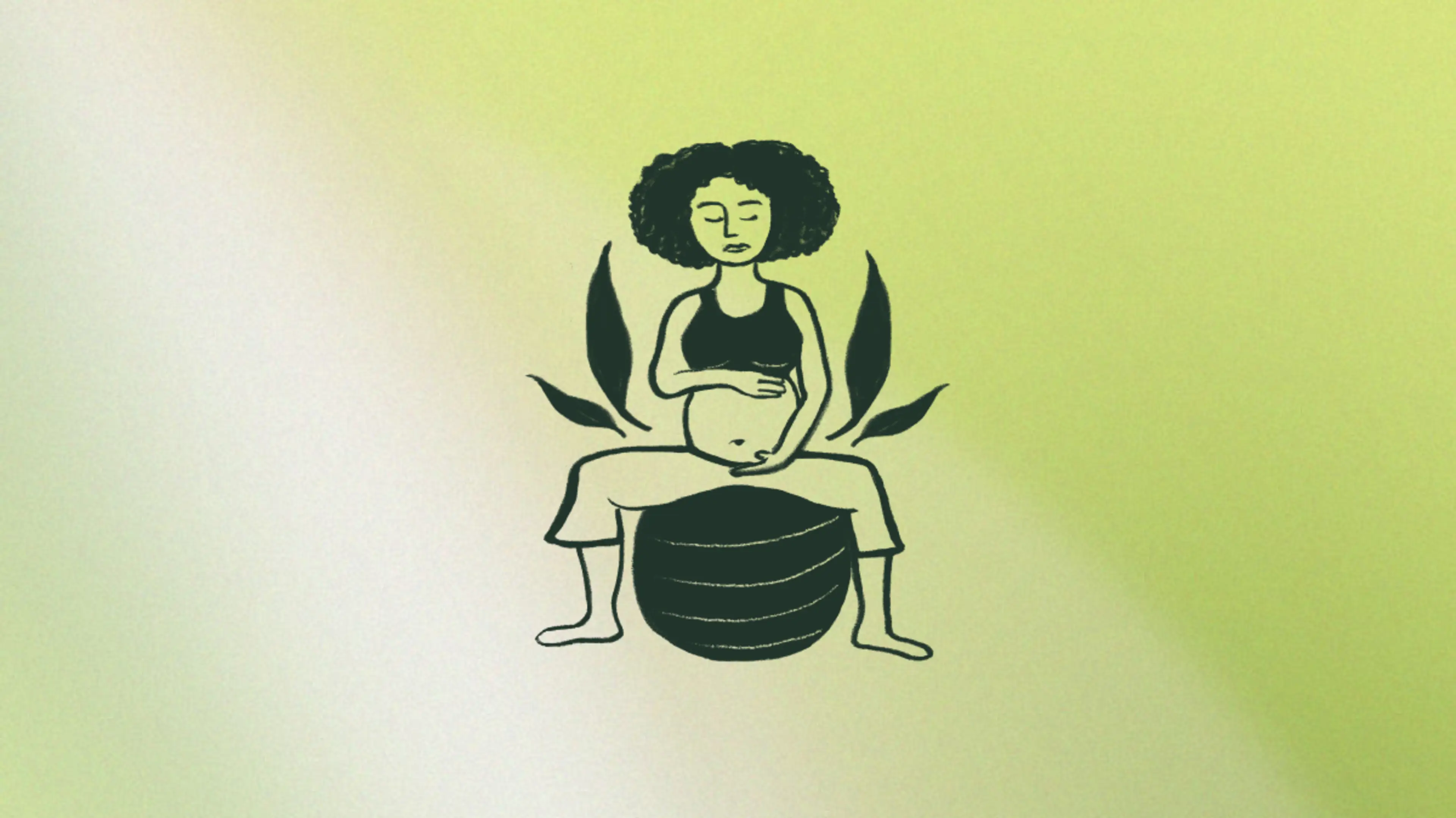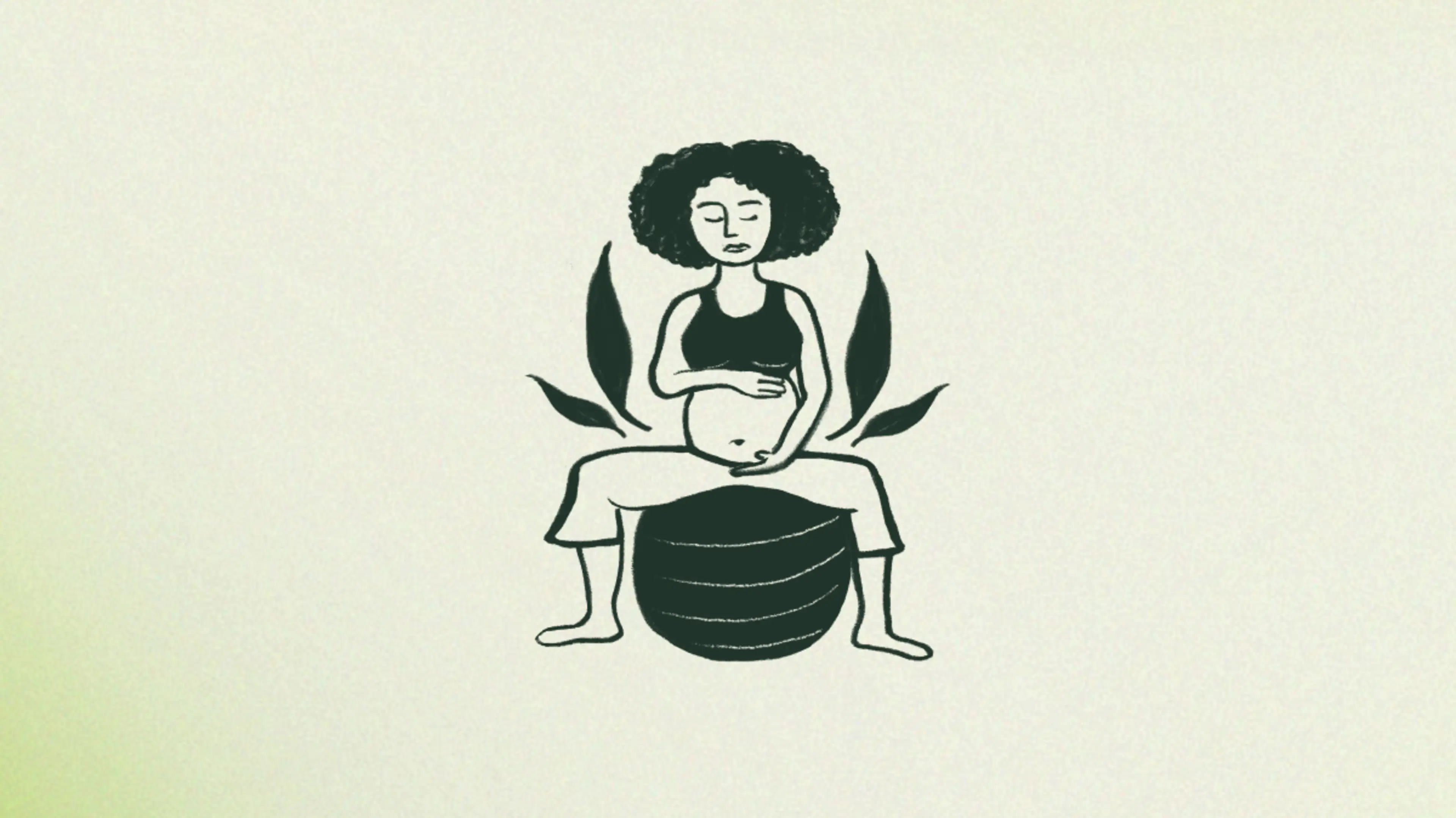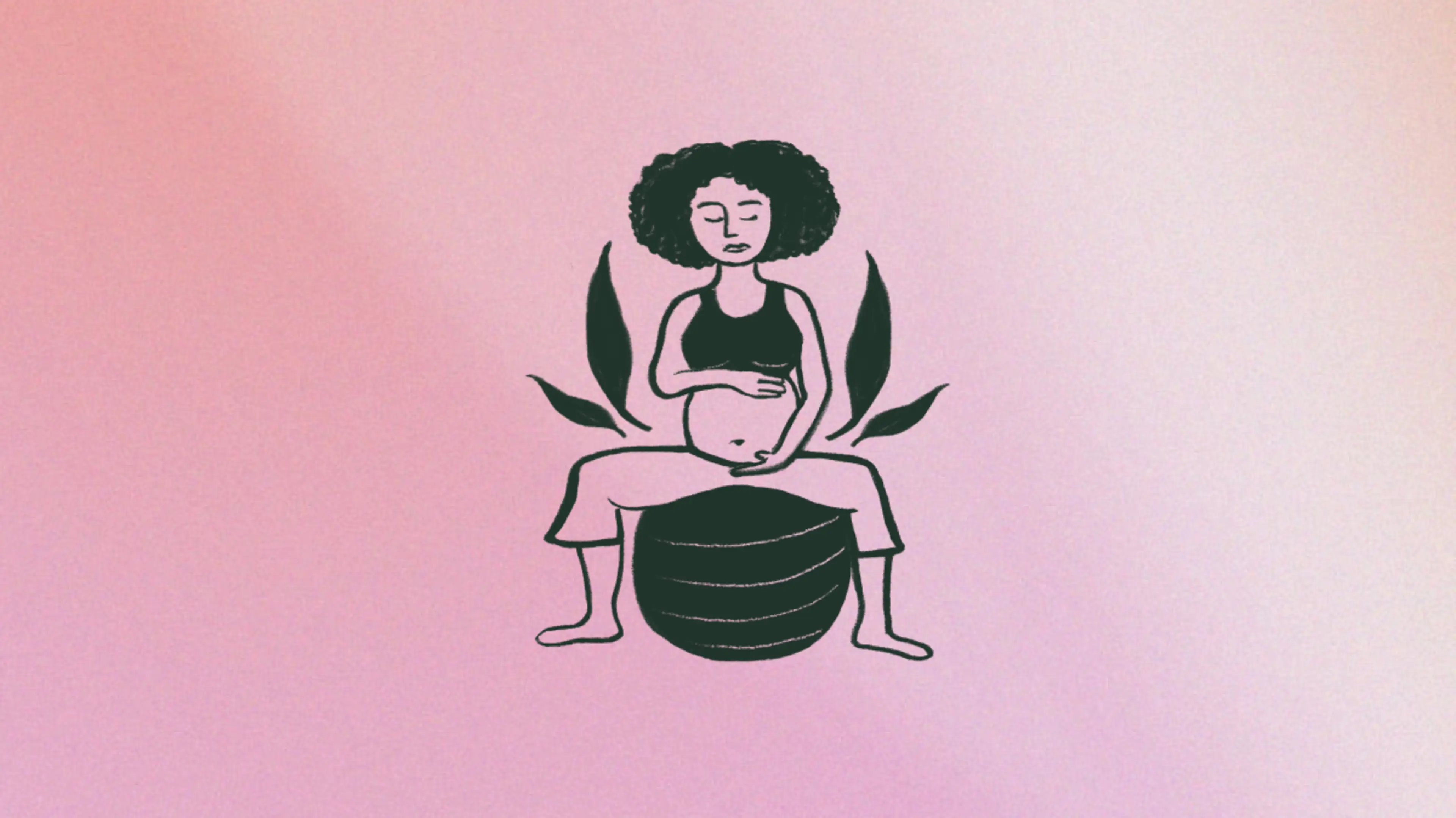Not every labor will require a catheter, but catheters might be used in labor for several different reasons.
A urinary catheter is always used in C-sections. It allows the bladder to be decompressed so that, during surgery, your obstetrician can minimize the risk of injury to your bladder.
If you have preeclampsia, the magnesium infusion used for treatment can sometimes affect your kidneys. So during labor, a catheter is used to monitor the amount of urine your kidneys are making over a certain amount of time.
You’ll also need a catheter if you get an epidural. Since your legs are numb, you can’t get up and go to the restroom, so the catheter is placed as a way to constantly drain your bladder. Typically, the catheter will come out at 24 hours postpartum.







